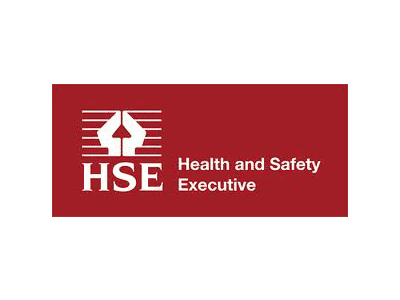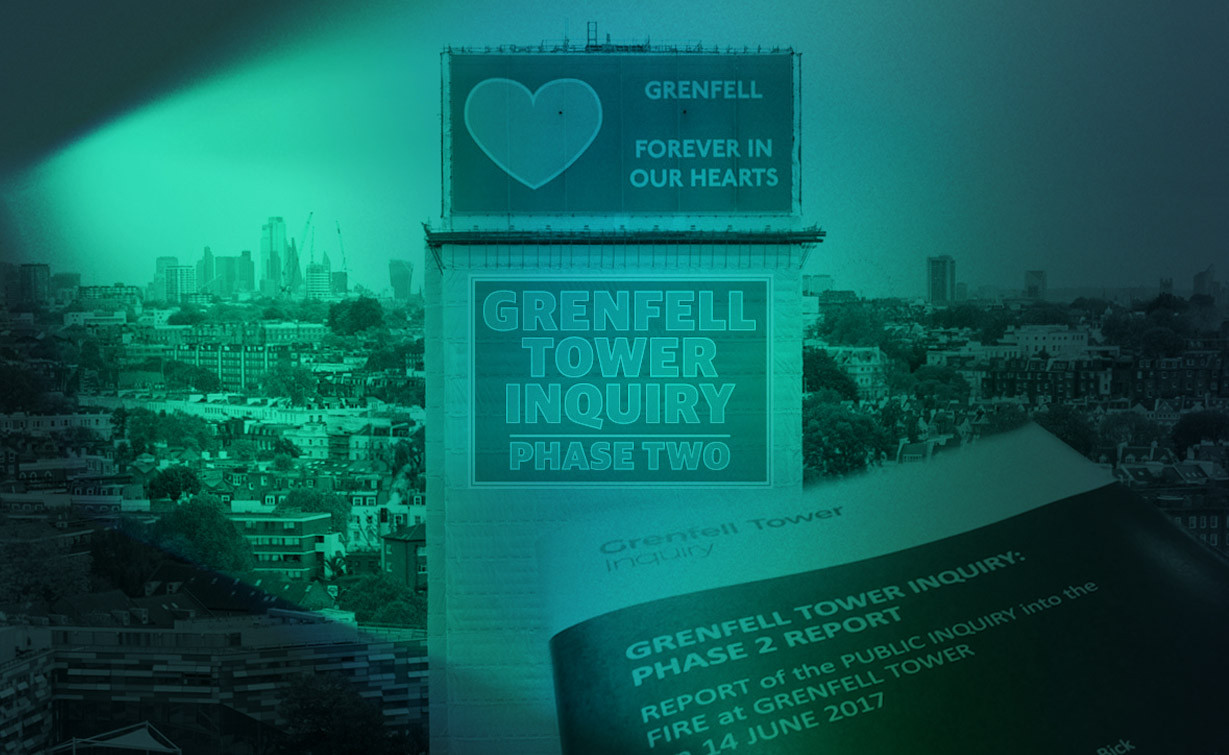June 11, 2024
NFCC pushes government to strengthen sprinkler regulations
The National Fire Chiefs Council (NFCC) is pressing the government to enhance regulations for sprinkler systems in care homes, schools, and student accommodations, aiming to improve fire safety and protect vulnerable communities.
The NFCC has issued a position statement calling on the government to implement stricter regulations for the installation of sprinkler systems and other automatic water suppression systems in England. The NFCC is advocating for mandatory sprinkler installation in all new care homes, schools, and student accommodations, regardless of building height. The position paper also recommends retrofitting sprinklers in existing schools, student accommodations, and care homes undergoing refurbishment.
Additionally, the NFCC is urging the government to require the retrofitting of sprinklers in all existing residential buildings over 11 metres tall, based on a risk assessment.
The NFCC has consistently advised the government to mandate sprinkler retrofitting in all high-rise residential buildings over 18 metres or at least seven storeys high, particularly those with a single staircase.
In Scotland, sprinklers are mandatory in all blocks of flats, care homes, social housing, and schools. Wales requires sprinklers in all new single dwellings, including new care homes, student halls of residence, boarding houses, and certain hostels.
Several high-profile fires have devastated care homes in England, such as the Beechmere Extra Care Village fire in 2019 and the Newgrange Care Home fire in 2017. Current evacuation strategies rely on staff having sufficient time to evacuate residents before escape routes are compromised by smoke, posing significant risks if these routes are obstructed.
The NFCC’s statement also highlights the need for improved fire safety in schools. In Scotland and Wales, sprinklers are mandatory in all schools regardless of building height.
Jonathan Dyson, the NFCC’s lead on sprinkler systems, emphasised the reliability and effectiveness of sprinklers: “Sprinklers have been used for over a century and are consistently reliable in saving lives and reducing injuries. Analysis shows they are 99% effective in controlling or extinguishing a fire. They provide crucial extra time for firefighting and protect property, reducing repair costs and the environmental impact of fires.”
Dyson further expressed concern over the lack of requirements to retrofit existing residential buildings with sprinklers. “We have consistently urged the Government to mandate retrofitting in all existing residential buildings over 11 metres tall on a risk-assessed basis.”
Mark Hardingham, chair of the NFCC, pointed out the importance of protecting school buildings: “Thankfully, deaths and injuries in school fires are rare, however, it’s important that we protect school buildings as they are vital community assets. School fires can be devastating. The use of sprinklers is proven to not only minimise the disruption to their education, but also the impact on pupils’ families and the community.”
The NFCC has long called for sprinklers to be required in all new and refurbished school buildings in England, aligning with standards in the rest of the UK.
Hardingham also raised concerns about fire safety in care homes: “Sprinklers are critical for protecting vulnerable residents as well as employees. Installing sprinklers in care homes would reduce the likelihood of a fire spreading beyond the room in which it originated. This buys valuable time for evacuation and firefighting and can reduce the need for vulnerable residents to be moved.”
He concluded by welcoming the government’s proposal to install sprinklers in all new care homes regardless of height but urged further action to include existing care homes undergoing refurbishment.
FIA
May 2024






